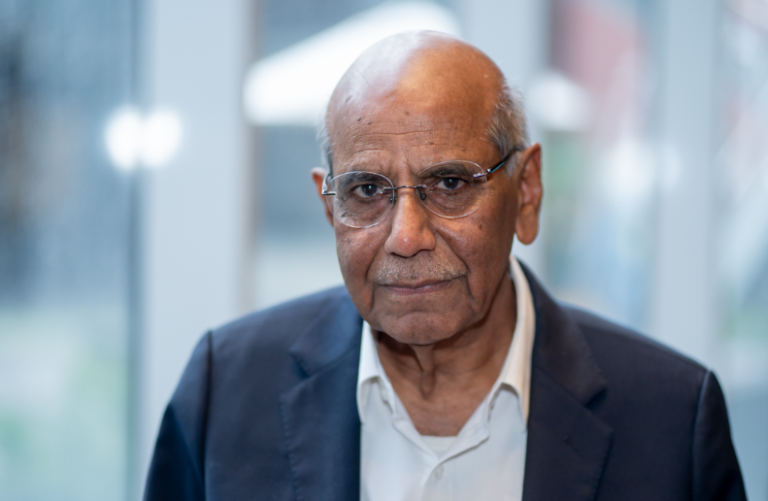Former Indian diplomat Shyam Saran calls for an end to suspicion about India’s role in Nepal, stressing the importance of trust and mutual respect in India–Nepal diplomatic relations.
Shyam Saran, former Indian Foreign Secretary and Ambassador to Nepal, has played a key role in shaping India–Nepal diplomatic relations over the past 25 years. In a recent visit to Kathmandu, he shared his views on peace, politics, and the way forward for both nations.
Saran served as India’s Ambassador to Nepal from 2002 to 2004. He later helped support the 12-point agreement between Nepal’s political parties and Maoists, which led to Nepal’s 2005–06 people’s movement. This agreement ended the monarchy and paved the way for a federal, secular republic.
Even after retirement, Saran remained engaged in Nepal’s peace process as a special envoy. He stressed the importance of trust between neighbors and urged people to move past old suspicions.
Speaking about the decade-long conflict in Nepal, Saran noted that the end of violence was a major achievement. He praised Nepal for successfully moving toward peace and becoming a vibrant multi-party democracy. He said this success was rare and should be a point of pride for the Nepali people.
On India’s role in the 12-point agreement, Saran clarified that India did not draft the deal. He said the agreement was made between Nepal’s political groups and that India only provided the venue. He denied claims that India had an active role in shaping the terms.
Saran also addressed recent pro-monarchy movements in Nepal. Some believe India might be backing these groups. But Saran rejected this, saying India supports whatever choice the people of Nepal make. He said India does not interfere in deciding Nepal’s political path.
He highlighted the importance of the open border between India and Nepal. Despite some challenges like smuggling and crime, he called the border a “connector,” not a barrier. He urged both sides to protect this arrangement, which supports deep ties between their citizens.
Saran spoke about unresolved border issues like Kalapani and Susta. He said 95% of the India–Nepal border has already been settled. The remaining disputes are politically sensitive, but he believes they can be resolved when the time is right.
On Nepal–China relations, Saran said India has no issue with Nepal building strong ties with China. But he warned that India would be concerned if those ties threaten its security, especially near the open border. Still, he believes Nepal can benefit from good relations with both India and China. However, he emphasized that Nepal’s cultural, religious, and social links with India are deeper than with China.
Saran also responded to long-standing claims that India interferes in Nepal’s internal matters. He said these are outdated beliefs. While India may offer advice, decisions must always be made by Nepal. He called this idea of constant Indian conspiracy a harmful mindset that needs to change.
When asked about the EPG report prepared by experts from both countries, Saran declined to comment. He said he is not familiar with the details and believes it is for the two governments to decide on the report’s future.
Throughout the conversation, Saran emphasized mutual respect. He believes that trust, not suspicion, should guide India–Nepal diplomatic relations. According to him, recognizing Nepal’s independence while supporting its growth will help both countries prosper together.


